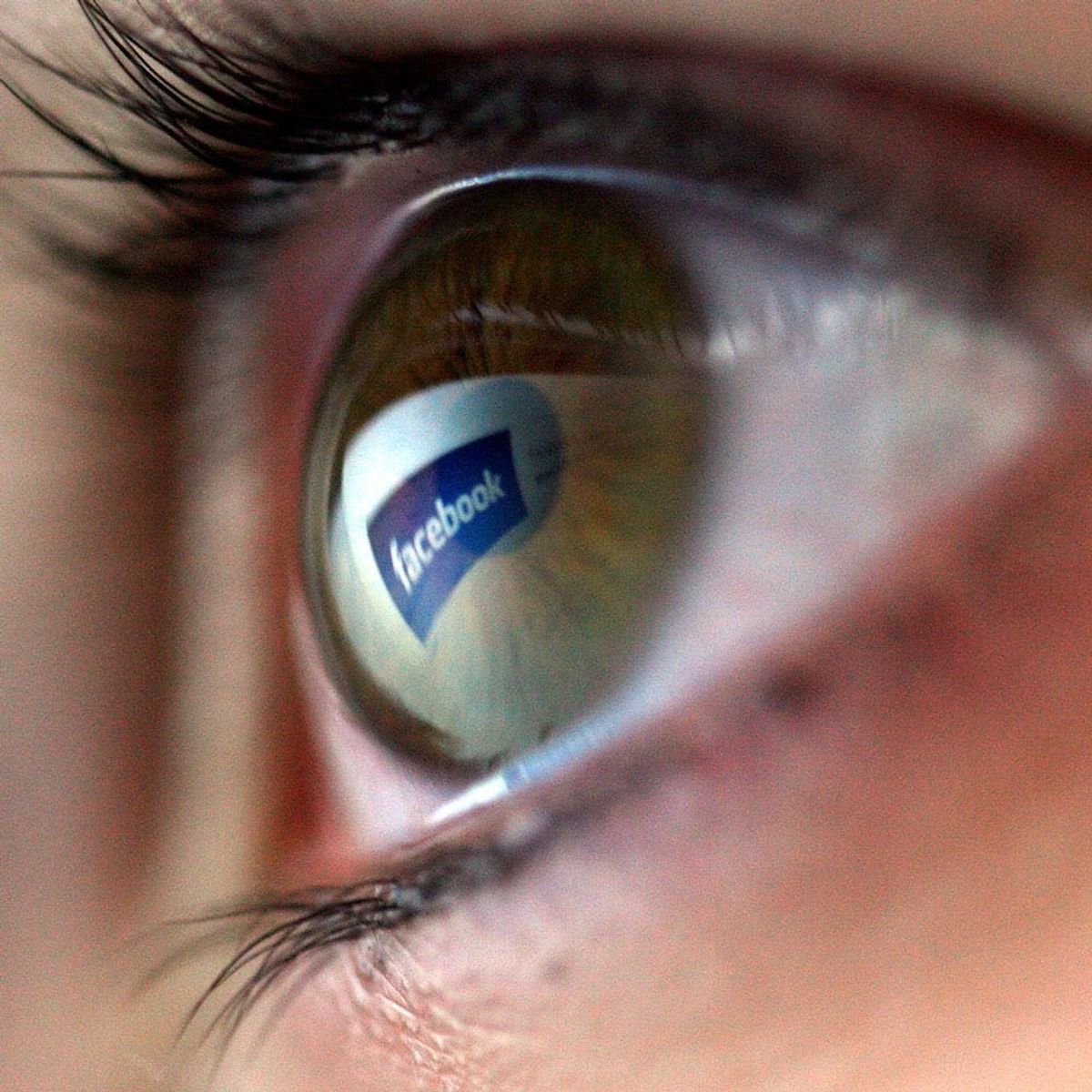#DeleteFacebook is trending, but it doesn’t change how your information is getting stored.
Deleting Facebook Won’t Protect Your Information, But Doing This Will

This week, news broke that the data analytics company Cambridge Analytica (which worked with the Trump campaign) had illegally mined data from 50 million Facebook users to spread disinformation. As a result, many internet users are decrying the platform, and the hashtag #DeleteFacebook is trending across Twitter, Instagram, and Facebook.
Cambridge Analytica denies its involvement in clandestine political activities. But even if the company hasn’t done anything illegal, Facebook’s connection to Cambridge Analytica is damaging and causing people to delete their accounts.
But here’s the thing: Deleting Facebook isn’t going to change how the site operates. All social media companies generate revenue by selling their users’ information. That’s the way these businesses work.

If you are worried about how Facebook is using and sharing your data, there are steps you can take to keep your info secure.
First and foremost, if you are planning on sticking around, go take a peek at the apps and websites you are logged into using your account, log out of all of them and create email-connected accounts. Although it may seem like a better option, this log in practice actually hands the company all sorts of information that they then store. Use a password keeper to keep track of your accounts going forward and stop using Facebook for sign in, period.
Once you’ve tackled your account’s permissions, you can then go ahead and make sure that any third parties that your friends are signed in with won’t also be getting your information. The Electronic Frontier Foundation has a comprehensive guide on how to do this, but your best bet is to basically uncheck every option for third parties via your contacts.
Next, go back into your account settings and limit exactly what info you are sharing with the company. Remove your birthday, location services, and other tracking options completely. While it might be fun to check into a place, Facebook is simply tracking your movements for future use. So if you’re not okay with it, remove all access to your whereabouts.
If you are still unhappy with Facebook having access to your info, you can delete your account altogether and, if you want, start fresh. Create a dummy email address and build up a limited or restricted access account from scratch. This is tedious but for those truly worried about their data being shared while still wanting to use the site, this could be the answer.

While Facebook faces new scrutiny from government watchdogs in the UK, and Cambridge Analytica has removed its CEO, its likely that positive change is on its way for social media users, whether you keep your Facebook account active or not. But simply deleting your profile can’t undo the information you’ve already given up to the network.
Have you considered deleting your Facebook account? Tell us @BritandCo!
(Photos via William Iven + Chris Jackson/Getty Images + Getty)

















